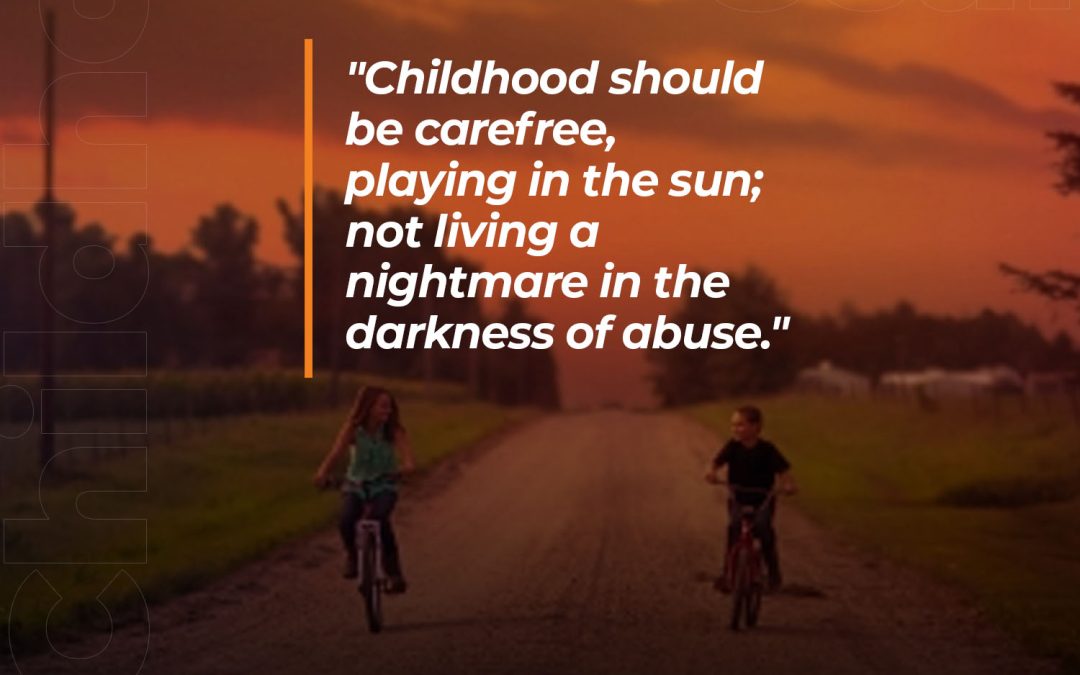Child abuse is a profound violation of human rights, with devastating consequences that can reverberate throughout a person’s lifetime. It encompasses various forms of maltreatment, including physical, emotional, sexual, and neglectful behaviors inflicted upon children by adults or older individuals. The effects of child abuse can be long-lasting, impacting not only the victim but also society as a whole.
Physical abuse involves the intentional infliction of bodily harm or injury upon a child, often leaving visible bruises, scars, or broken bones. Emotional abuse, on the other hand, targets a child’s mental well-being, causing psychological harm through constant criticism, belittlement, or threats. Sexual abuse is a particularly egregious form of exploitation, involving any form of sexual activity with a child, whether it’s physical contact or non-contact acts like grooming or exposure to sexual content.
Neglect occurs when a caregiver fails to provide the necessary care and support for a child’s basic needs, such as food, shelter, clothing, education, and medical attention. It can have severe consequences on a child’s physical and emotional development, leading to malnutrition, poor health, and low self-esteem.
Child abuse knows no boundaries of age, gender, race, religion, or socioeconomic status. It occurs in all communities and can happen within families, schools, institutions, or even online environments. Perpetrators of child abuse may be parents, relatives, caregivers, teachers, coaches, or other authority figures entrusted with the care of children.
The impact of child abuse can manifest in various ways, including physical injuries, emotional scars, behavioral problems, academic difficulties, substance abuse, mental health disorders, and even suicidal tendencies. Many survivors of child abuse struggle with trust issues, intimacy problems, and difficulties forming healthy relationships in adulthood.
Preventing child abuse requires a multifaceted approach involving education, awareness, legislation, and support services. Communities must prioritize the safety and well-being of children by promoting positive parenting practices, advocating for child protection policies, and providing resources for victims and their families.
Reporting suspected cases of child abuse to the appropriate authorities is crucial in ensuring that victims receive the necessary support and intervention. By breaking the silence surrounding child abuse and holding perpetrators accountable for their actions, society can work towards creating a safer environment where every child can thrive and reach their full potential.

